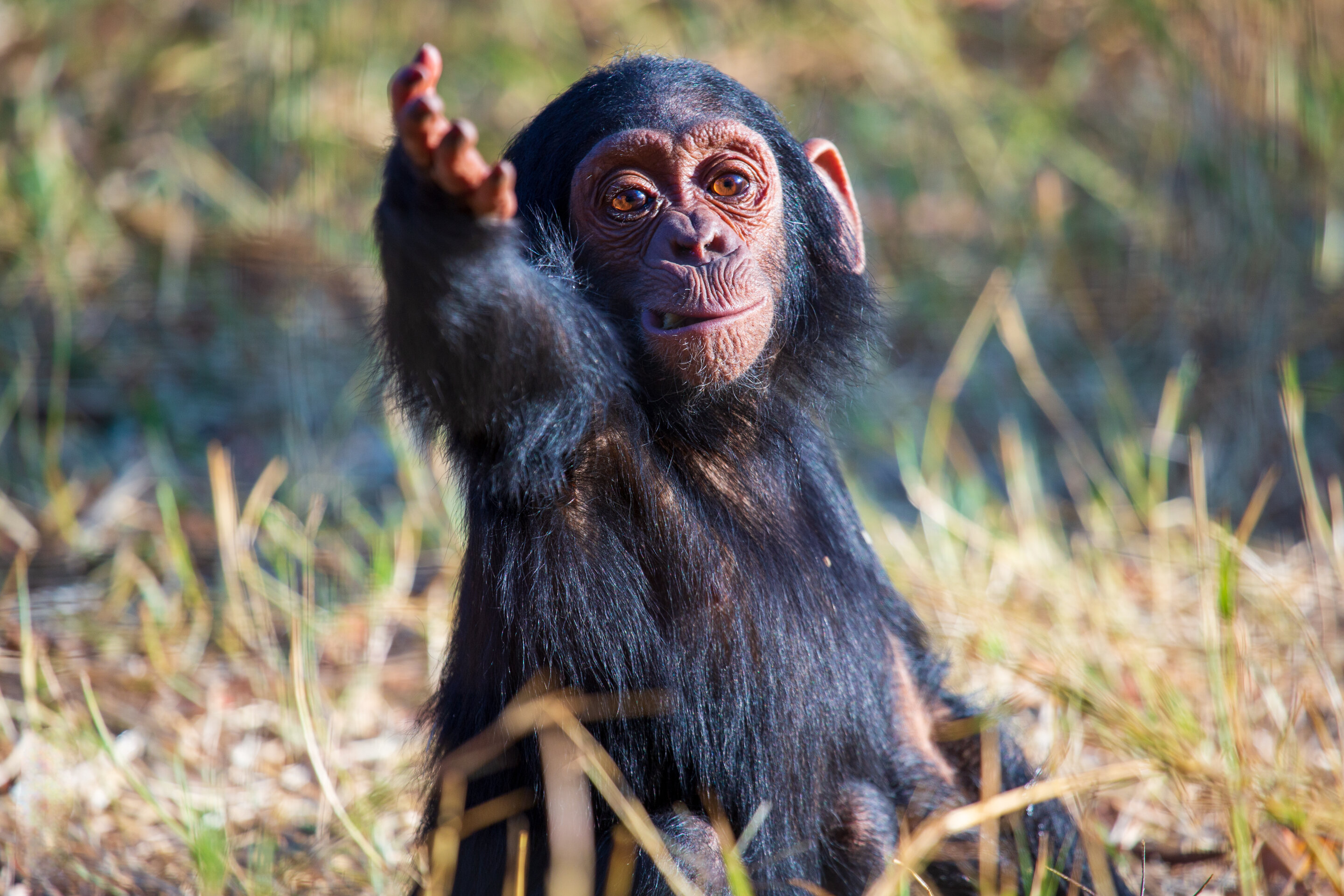Follow us on Google News (click on ☆)
The research team, composed of international scientists including Emily Sanford from the University of California at Berkeley, conducted its experiments at the Ngamba Island Chimpanzee Sanctuary in Uganda. The researchers presented the animals with two boxes, one containing food. After receiving an initial clue suggesting the location of the reward, the chimpanzees then obtained more reliable information indicating the other box. The majority of the primates then changed their initial choice to turn to the new option.

Credit: Dr Jake Brooker.
To ensure that these behaviors reflected elaborate reasoning rather than simple reflexes, the scientists used computational models. These analyses allowed them to eliminate alternative explanations such as the tendency to favor the last information received or to follow the most obvious signal. The results clearly show that the chimpanzees' decisions correspond to rational strategies for updating opinions.
This discovery challenges the traditional view that rationality is the exclusive prerogative of human beings. The researchers observe that this ability to revise one's convictions in the face of new evidence appears in children around the age of four, which establishes a bridge between human cognitive development and the skills of great apes.
The implications of this work go beyond primatology. Understanding how primates revise their beliefs could influence our approach to early education and even contribute to the development of more efficient artificial intelligence systems. The team is now extending its research to young children aged two to four years, seeking to establish direct comparisons between human cognitive development and chimpanzee abilities.
Emily Sanford hopes to extend these investigations to other primate species to map reasoning abilities across different evolutionary branches. This research is part of a broader perspective that recognizes that animals develop intelligent and adaptive strategies to navigate difficult environments, even if they do not master scientific concepts as we conceive them.
Rational revision of beliefs
Rational belief revision refers to an individual's ability to modify their initial convictions when confronted with new, more reliable or more complete information. This cognitive process involves not only recognizing the probative value of new data but also mentally recalculating the probabilities associated with different hypotheses.
In humans, this ability develops progressively during childhood and reaches full maturity around the age of four. It constitutes an essential foundation for learning and adaptation to changing environments. Cognitive science researchers have been studying this mechanism for decades to understand how we integrate contradictory information.
In the field of artificial intelligence, modeling belief revision allows for the creation of more robust systems capable of adapting to new data. Bayesian algorithms, for example, are directly inspired by this principle by updating probabilities based on the arrival of new observations.
The discovery that chimpanzees share this ability shows that the evolutionary roots of rational thinking are older than previously thought. This opens up new perspectives for understanding the emergence of complex cognition in the animal kingdom.